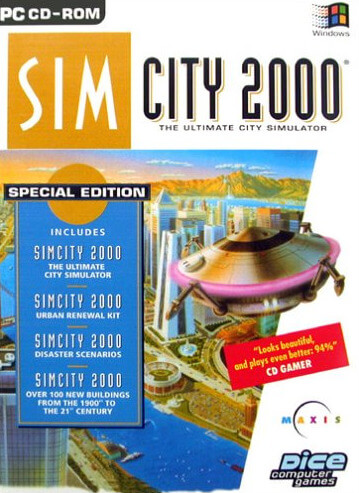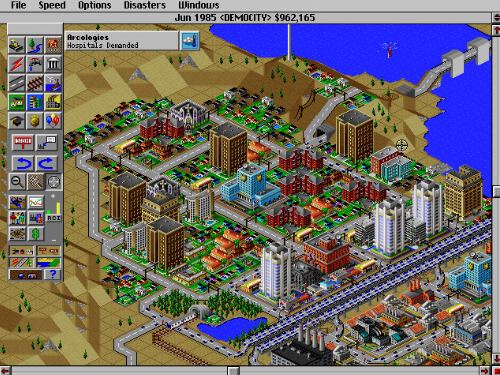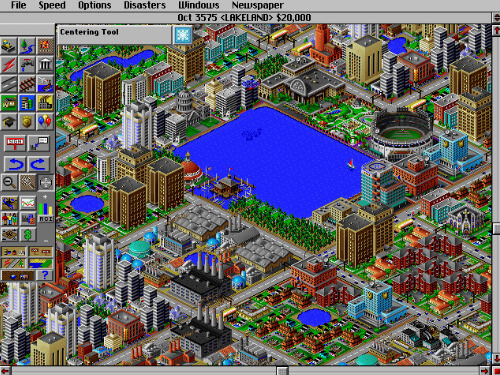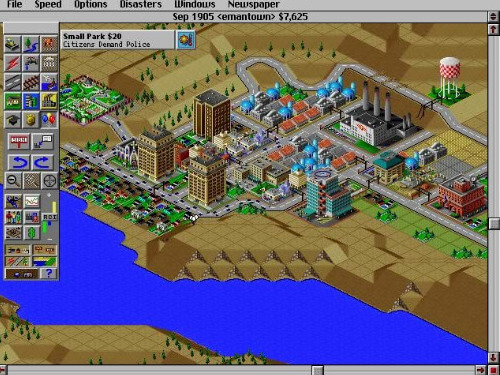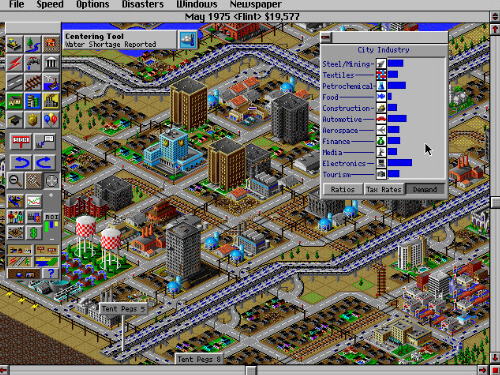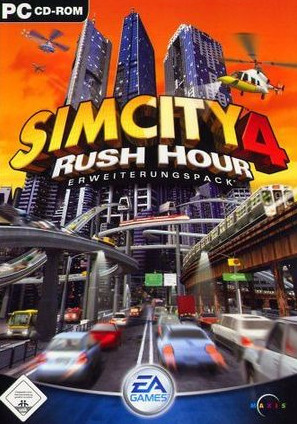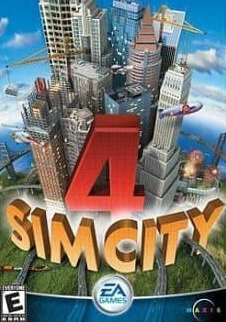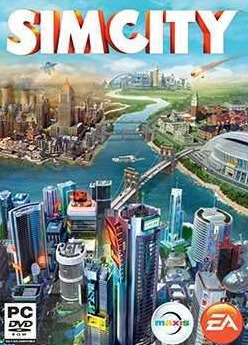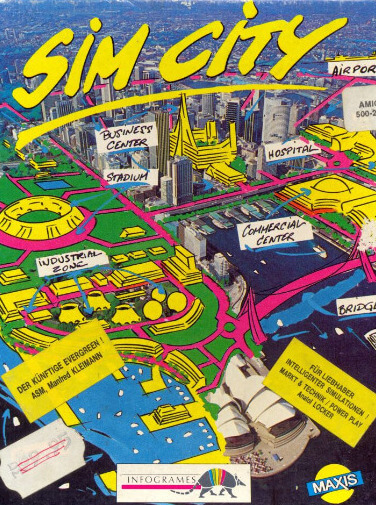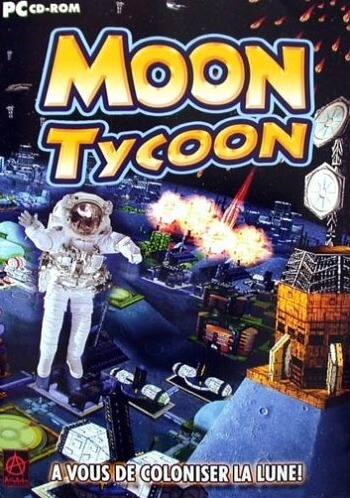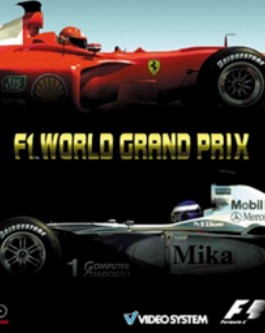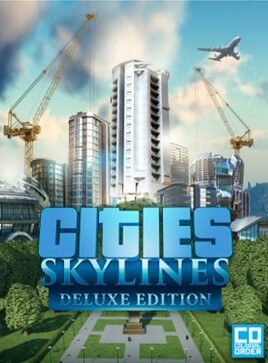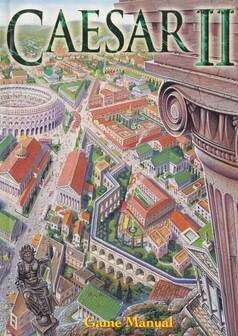New types of facilities include prisons, schools, libraries, museums, marinas, hospitals and arcologies. Players can build highways, roads, bus depots, railway tracks, subways, train depots and zone land for seaports and airports. There are a total of nine varieties of power plants in SimCity 2000, including coal, oil, natural gas, nuclear, wind turbines, hydroelectric dams (which can only be placed on waterfall tiles), solar and the futuristic fusion power and satellite microwave plant. Most types of power plants have a limited life span and must be rebuilt periodically. Players can build highways to neighboring cities to increase trade and the population.
The budget and finance controls are also much more elaborate—tax rates can be set individually for residential, commercial and industrial zones. Enacting city ordinances and connecting to neighboring cities became possible. The budget controls are very important in running the city effectively.
Another new addition in SimCity 2000 is the query tool. Using the query tool on tiles reveals information such as structure name and type, altitude, and land value. Certain tiles also display additional information; power plants, for example, display the percentage of power being consumed when queried, and querying roads displays the amount of traffic on that tile. Querying a library and selecting "Ruminate" displays an essay written by Neil Gaiman.
Graphics were added for buildings under construction in the residential, commercial, and industrial zones, as well as darkened buildings depicting abandoned buildings as a result of urban decay.
News comes in the form of several pre-written newspaper articles with variable names that could either be called up immediately or could be subscribed to on a yearly basis. The newspaper option provided many humorous stories as well as relevant ones, such as new technology, warnings about aging power plants, recent disasters and opinion polls (highlighting city problems). SimCity 2000 is the only game in the entire series to have this feature (besides the discontinued children's version, SimTown), though newer versions have a news ticker. The newspapers had random titles (Times, Post, Herald, etc.), and prices based on the simulated year. Certain newspapers have a special monthly humor advice column by "Miss Sim". Some headlines have no purpose whatsoever in the game, such as "Bald Radio Found" or "Frog Convention".
Though there is no "true" victory sequence in SimCity 2000, the "exodus" is a close parallel. An "exodus" occurs during the year 2051 or later, when 300 or more Launch Arcologies are constructed; the following January each one "takes off" into space so that their inhabitants can form new civilizations on distant worlds. This reduces the city's population to those who are not living in the Launch Arcologies, but it also opens wide areas for redevelopment and returns their construction cost to the city treasury. This is related to the event in SimEarth where all cities are moved into rocket-propelled domes that then leave to "found new worlds" (leaving no sentient life behind).
The game also included several playable scenarios, in which the player must deal with a disaster (in most, but not all scenarios) and rebuild the city to meet a set of victory conditions. These were based in versions of real-life cities, and some were based on real events such as the Oakland firestorm of 1991, the 1989 Hurricane Hugo in Charleston, South Carolina, the Great Flood of 1993 in Davenport, Iowa, or dealing with the 1970s economic recession in Flint, Michigan—but also included more fanciful ones such as a "monster" destroying Hollywood in 2001. More scenarios added with the SimCity Urban Renewal Kit (SCURK) included a nuclear meltdown in Manhattan in 2007.
Reception
Critical reception
In the United States, SimCity 2000 was the ninth best-selling computer game between 1993 and 1999, selling 1.4 million units. During 1996 alone, it achieved sales of 500,000 copies. According to PC Data, SimCity 2000 SE was the United States' 20th-best-selling computer game during the January–November 1998 period. According to Maxis's Lucy Bradshaw, SimCity 2000 achieved global sales of 3.4 million units across all platforms by January 2002.
Computer Gaming World's reviewer, an author of a book on the first SimCity, wrote in 1994 that SimCity 2000 for Macintosh offered "plenty of new challenges", fixed "virtually every criticism I leveled at the game" in the book, and "is without question a superior program". He concluded that it was "more fun than the original SimCity ... It's Sim-ply irresistible". The magazine said that the CD version's "multimedia enhancements make for a more accessible and enjoyable product".
SimCity 2000 was named Best Simulation at the 1994 Codie awards, the fifth win in a row for Maxis. It was a runner-up for Computer Gaming World's Strategy Game of the Year award in June 1994, losing to Master of Orion. The editors wrote, "This advanced city simulator adds many of the features and considerations that were previously lacking in the original SimCity." It was also a finalist for Electronic Entertainment's 1993 "Best Game" award, which ultimately went to X-Wing.
In 1994 PC Gamer US named SimCity 2000 the 7th best computer game ever, and PC Gamer UK named it the best computer game of all time, writing, "Near perfect in conception and execution, SimCity 2000 does what most games never even dream of." In 1996, Next Generation listed the personal computer versions as number 33 on their "Top 100 Games of All Time", calling it "easily one of the most enthralling games playable." In August 2016, SimCity 2000 placed 13th on Time's The 50 Best Video Games of All Time list.
In 1995, SimCity 2000 won "Best Military or Strategy Computer Game of 1994" Origins Award.
In 1998, PC Gamer declared it the 35th-best computer game ever released, and the editors called it "lots of fun".
